Question And Answer
Publications
Articles, publications, books, tools and multimedia features from the U.S. Institute of Peace provide the latest news, analysis, research findings, practitioner guides and reports, all related to the conflict zones and issues that are at the center of the Institute’s work to prevent and reduce violent conflict.

Scott Worden on Afghan Elections and the Peace Process
A week and a half after Afghan presidential polls, the results remain unclear. But, we do know that turnout was historically low, largely due to dire security conditions. Meanwhile, with the peace process stalled, USIP’s Scott Worden says the upsurge in U.S. military operations against the Taliban is a “pressure tactic, not a victory strategy.”
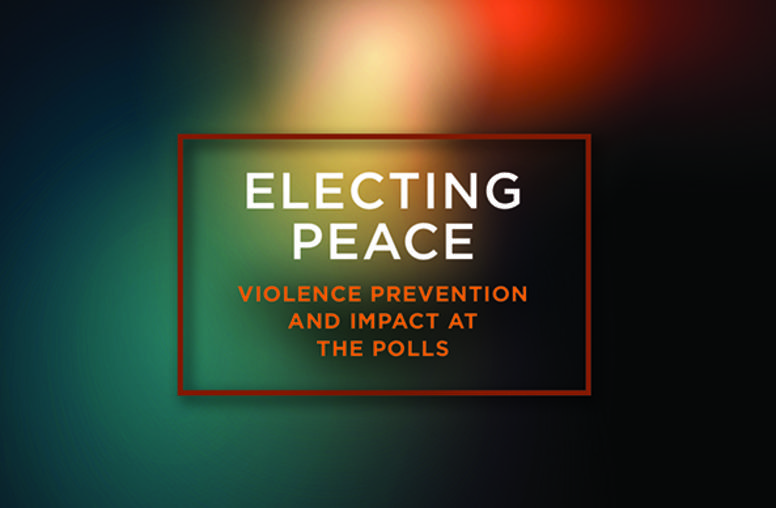
Electing Peace
Electing Peace: Violence Prevention and Impact at the Polls examines election violence prevention and assesses the effectiveness of different prevention practices—which are effective, which are not, and under what circumstances.
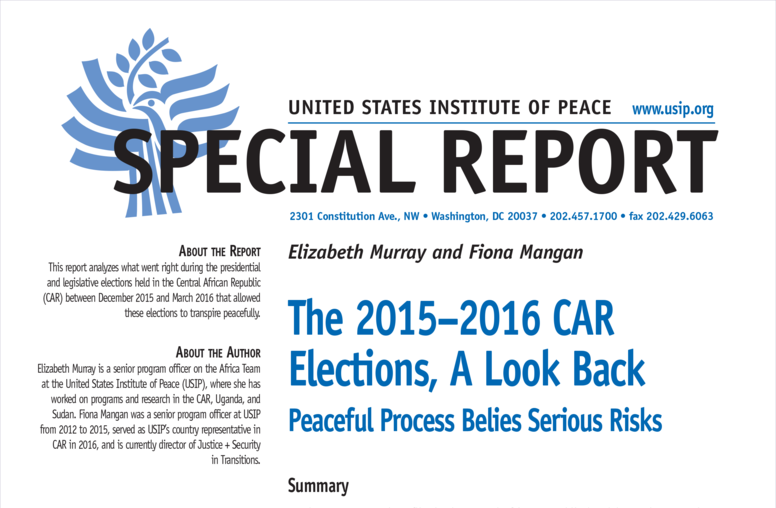
The 2015–2016 Central African Republic Elections, A Look Back
Plagued by successive coups and waves of violent conflict since its independence in 1960, the Central African Republic managed to hold its first peaceful elections in late 2015 and early 2016. Fears of widespread violence proved unfounded. This report focuses on what went right in those elections and how those conditions have not held a year later, allowing violence to return to the country.
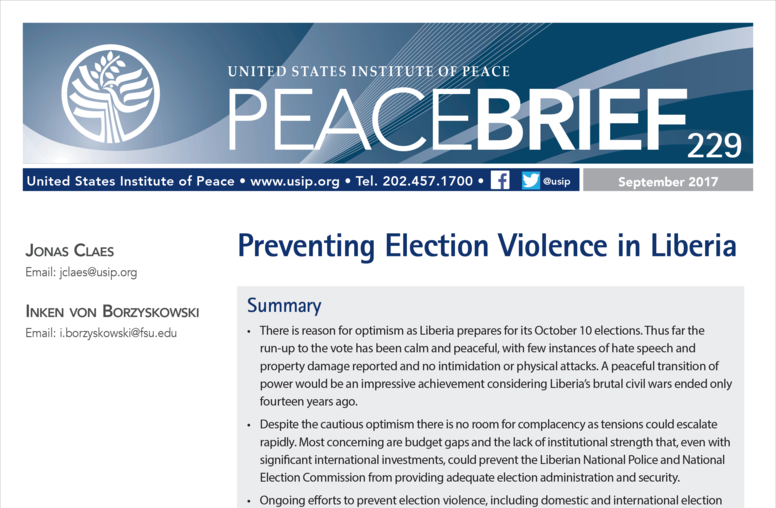
Preventing Election Violence in Liberia
Liberia will hold presidential and legislative elections on October 10. The run-up to the vote has been primarily peaceful, and the country has engaged in ongoing efforts to prevent election violence. This Peace Brief, based on USIP research, assesses the risk of election violence and the scope of violence prevention efforts, and provides recommendations for ongoing prevention.
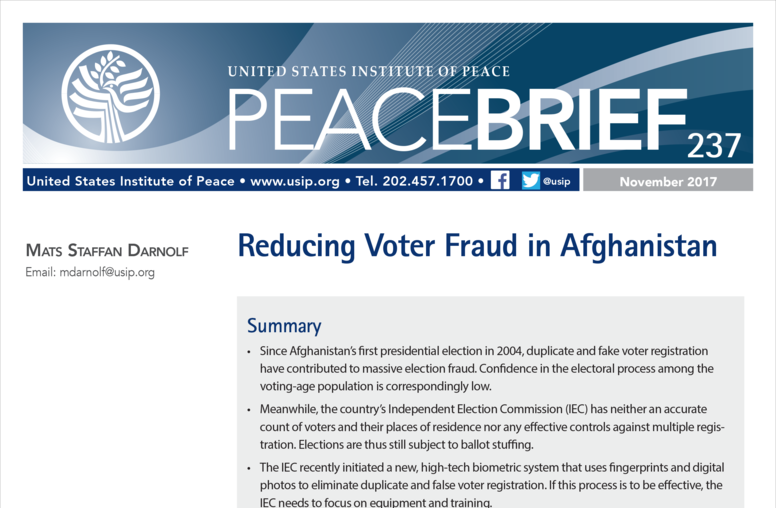
Reducing Voter Fraud in Afghanistan
Since Afghanistan’s first presidential election in 2004, massive election fraud and malpractices have been the rule. Confidence in the electoral process among the population is correspondingly low. As this Peace Brief explains, a new biometric voter registration system has...
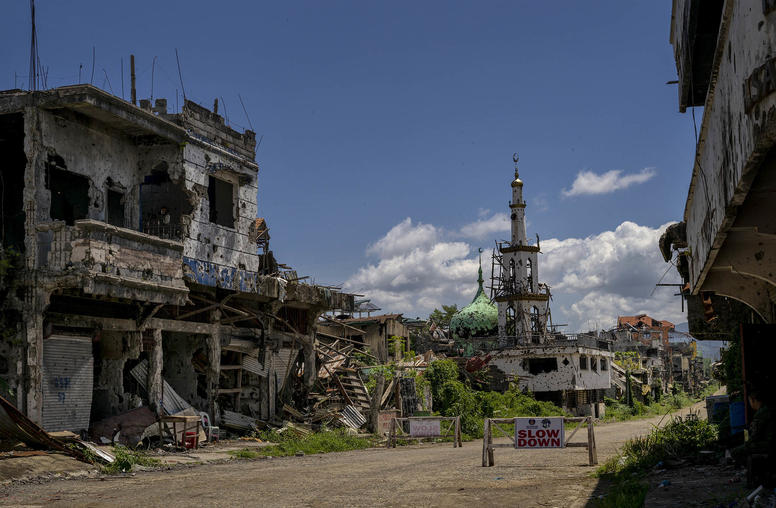
Three-Year Bangsamoro Transition Extension Seen as a Critical Opportunity
Engr. Mohajirin Ali is the director general of the Bangsamoro Planning and Development Authority (BPDA), which coordinates the formulation of the Bangsamoro government’s socioeconomic development policies and plans, and monitors and evaluates those plans. Aliah Adam, who serves as the coordinator for local NGO Singanen O Mindanao and as a consultant for USIP, recently interviewed Ali to discuss the BPDA’s role, the major achievements of the Bangsamoro Transition Authority and the importance of the three-year extension of the transition period of the Bangsamoro Autonomous Region of Muslim Mindanao. The following are edited excerpts from the interview.
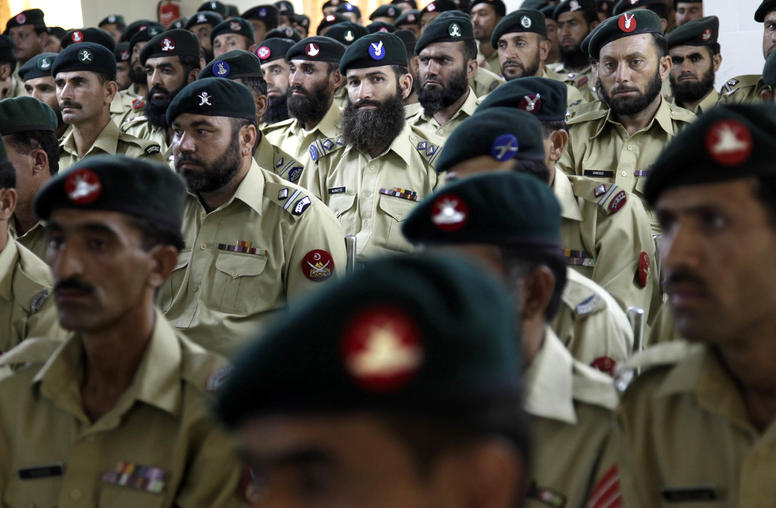
Five Key Issues Facing Pakistan’s New Army Chief
Pakistan just underwent a major military transition. Last week, Prime Minister Shahbaz Sharif appointed General Asim Munir as the new chief of the country’s powerful army, succeeding Qamar Bajwa who held the position for six years. Munir is a former chief of Pakistan’s powerful intelligence service, the Inter-Services Intelligence (ISI), and before that the head of the country’s military intelligence. In nuclear-armed Pakistan with the world’s fifth largest military and a history of military rule, the army chief tends to be the most powerful leader — at times even perceived as the de facto leader due to significant influence over Pakistan’s domestic and foreign policies.
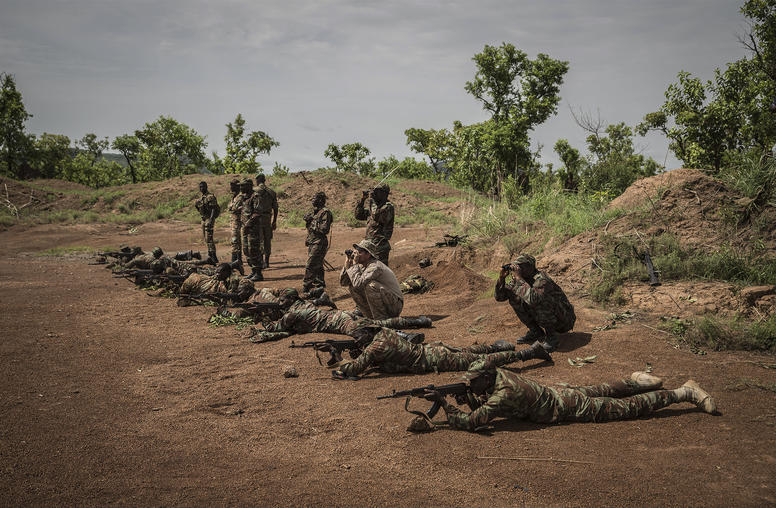
How to Advance Peace and Stability in Coastal West Africa
The U.S. government has identified stability in Coastal West Africa as a foreign policy priority, engaging five countries in particular — Benin, Côte d’Ivoire, Ghana, Guinea, and Togo — through its Strategy to Prevent Conflict and Promote Stability, which was adopted in December 2021. The strategy reflects the U.S. government’s consideration of the five countries as strategic focal points in the fight against transnational terrorism and violent extremism emanating from the neighboring Sahel region.
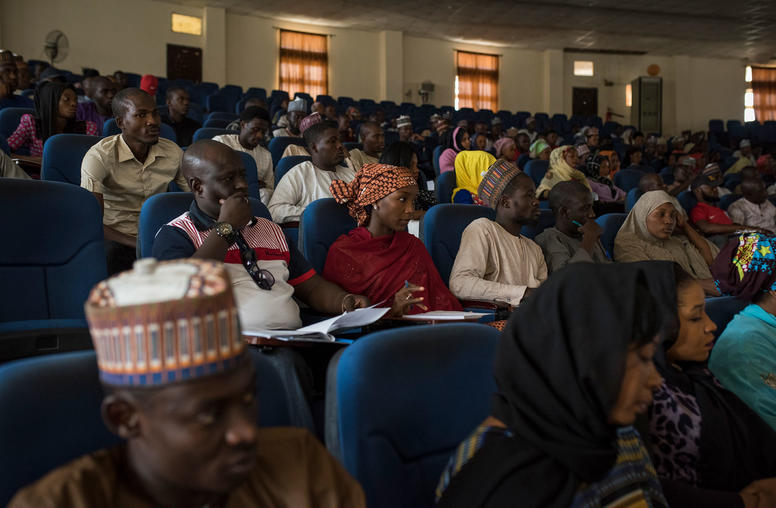
Africans’ Views on the Key Issues: What African and U.S. Leaders Need to Know
Dozens of African leaders will be in Washington next week for the second U.S.-Africa Leaders Summit. Critical issues like economic engagement, climate change, food security and global health will top the agenda as U.S. and African decision makers gather for a host of formal and informal meetings. While such leader-to-leader engagements are vital to addressing these urgent issues, understanding what everyday Africans want from their leaders and their countries’ relations with the United States is vital to meeting today’s and tomorrow’s challenges.

U.S. and African Leaders Need to Focus on Democratization
The U.S. government is gathering this month’s second U.S.-Africa Leaders Summit not least because the swiftly rising challenges of the 21st century are pushing Africa squarely to the center of global and U.S. interests. Managing increased violent conflict, climate degradation and human displacement all depend on a better U.S.-African partnership, one that shares an interest in strengthening the democratic rule of law within and among nations. Democracy has eroded, globally and in Africa, since the first U.S.-Africa summit eight years ago — but this month’s conference can reverse that pattern, say two USIP experts, both former ambassadors in Africa.